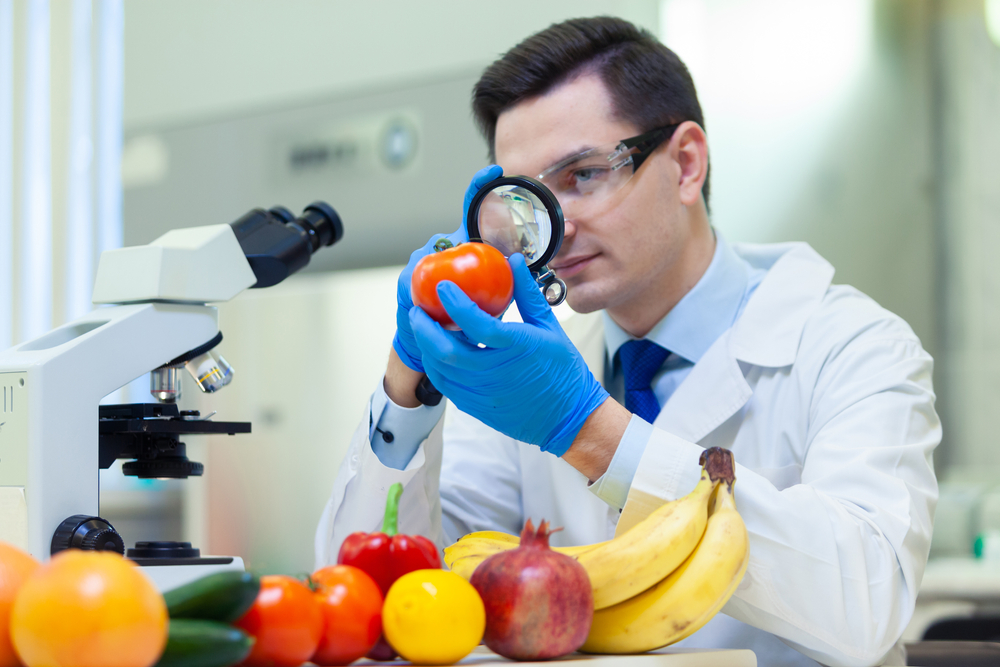Many individuals understand that consuming additional veggies can be beneficial for their well-being. This is particularly true regarding the prevention of illnesses such as colorectal cancer.
However, a specific vegetable has recently drawn the interest of researchers. It’s not merely about consuming larger quantities; it’s about choosing the correct type to eat.
For more than two decades, researchers at the University of Southern Denmark have been investigating this particular vegetable.
They think this veggie could be potent enough to stop colon and rectal cancer.
The harsh reality hidden beneath the carrot
The core focus of the research revolves around two natural compounds—falcarinol and falcarindiol. These substances form part of the carrot’s innate mechanism for protecting itself from fungal invasions.
During laboratory experiments and animal testing, these substances demonstrated significant anticancer characteristics.
In one
study
, rats experienced an 83 percent reduction in cancer occurrence after ingesting the appropriate type of carrot extract.
Initial tests using human tissue have demonstrated encouraging outcomes as well. Following only two weeks of consuming carrot juice, alterations in the cancer cell receptors were noted.
However, there’s a caveat: not all carrots are of the same quality.
Not for sale
Everyday orange carrots do not have the required amount of the two key compounds. Actually, the greater the bitterness of the carrot, the stronger it appears to be.
Researchers have tested over 100 varieties. The best ones are 50 to 100 times more effective than the worst.
This is precisely why the ongoing clinical trial employs a distinctive yellow carrot called Yellowstone. This variety isn’t sold commercially; it’s cultivated solely for this research purpose.
In the trial, 400 participants are involved. Half of them will drink 100 ml of Yellowstone carrot juice daily for one year.
The researchers want to see whether this routine can actually reduce the occurrence of colon cancer in real people.
If the results confirm the researchers’ hopes, the humble Yellowstone carrot could become a new weapon in cancer prevention – and possibly reach supermarket shelves in the future.
This piece relies on data sourced from
Berlingske
.






